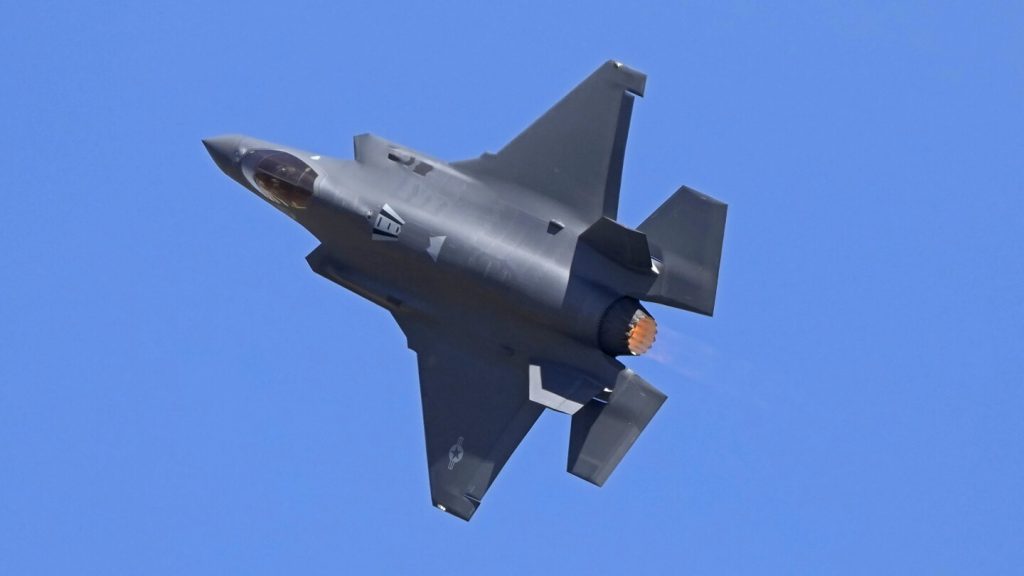Concerns Over U.S. Defense Purchases
BERLIN (AP) — A growing number of inquiries are surfacing in Canada and Europe regarding the wisdom of investing in expensive U.S. weapon systems, such as the F-35 Joint Strike Fighter. Countries in the West are growing apprehensive about their reliance on U.S. defense technologies amid shifting geopolitical landscapes.
Impact of U.S. Policy Changes
In just under two months, U.S. President Donald Trump has significantly altered decades of foreign policy, raising doubts among NATO allies about the U.S. commitment to mutual defense against potential Russian aggression. He has sought to engage with Moscow while slashing foreign aid programs.
Shift in Military Procurement Strategies
The ongoing conflict in Ukraine has revealed that Eastern European NATO nations are still heavily reliant on outdated Soviet weaponry that is not compatible with Western systems. There is now a push to align NATO members on modern platforms, primarily through the acquisition of Western jets like the F-16 and F-35.
Exploring Alternatives in Defense
Some NATO states are reconsidering a dependence on U.S.-manufactured military systems and are weighing the option of European aircraft. Recently, the European Union launched initiatives to reduce its security reliance on the United States, aiming to procure more defense equipment from within Europe. Historically, the EU’s 27 members have allocated approximately two-thirds of their defense spending to U.S. companies.
Canada’s Defense Review
In Canada, where Trump’s policies have led to a contentious trade atmosphere, Prime Minister Mark Carney has requested a reassessment of the country’s F-35 procurement, highlighting a partnership in its development. Meanwhile, a decision has been made to buy Canadian $6 billion worth of early warning radar from Australia, which will be smaller than a comparable U.S. system.
Potential Alternatives and Market Dynamics
If countries pull back from purchasing the F-35, alternatives like the Saab Gripen, Eurofighter Typhoon, and Dassault Rafale may see increased interest, although these models lack the stealth capabilities of the F-35. Historically, European nations have preferred to rely on U.S. technology for advanced military assets, but the current U.S. administration’s policies could signal a shift that encourages Europe to bolster its own defense industry.
Conclusion
David Jordan, an expert in defense studies, suggests that this may be a pivotal moment for Europe to invest in its military capabilities. With unified investment into research, development, and manufacturing, European nations could become self-sufficient within a decade, reshaping the defense landscape.
Tara Copp contributed reporting from Washington, with additional inputs from John Leicester in Paris, Lorne Cook in Brussels, and Jill Lawless and Danica Kirka in London.



